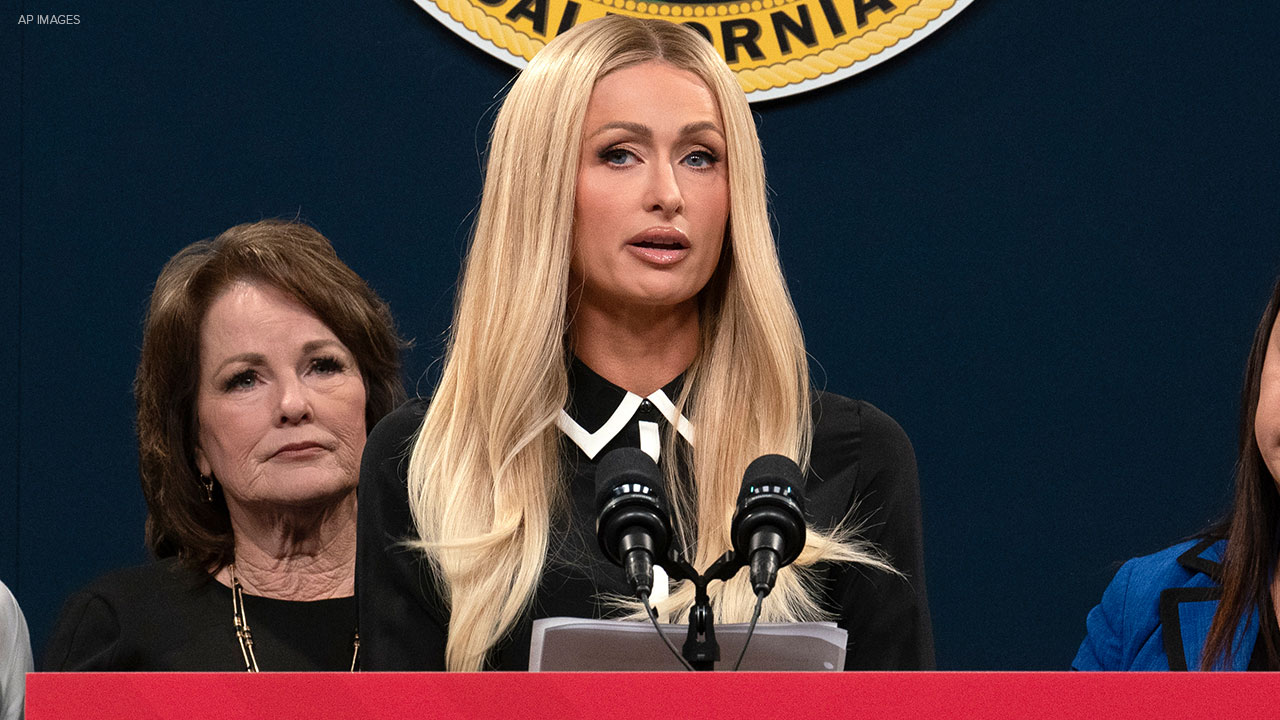Healthy Kids Healthy Futures: How to teach children to regulate their emotions

FRESNO, Calif. (KFSN) -- Children and teens can express and manage their emotions in a healthy way, if taught emotional regulation -- according to health experts.
"It's something that they need to be explicitly taught, in many cases," shared Dr. Jennifer Johnson. "Without it, they really struggle in school, they struggle in their relationships with other kids, their relationships with their family."
The Valley Children's developmental-behavioral pediatrician said children and teens that struggle with regulating their emotions may act in a way that some adults brush off as "typical behavior" for their age.
"Yelling, slamming doors, sometimes aggression or self-injury," she said. "Sometimes, it can look like being really anxious or not wanting to leave the house, getting overstimulated in certain settings, or on the other hand, being really hyper."
Dr. Johnson said learning to cope with emotions at a young age will benefit kids as they grow older.
However, she added that it starts with adults setting the example.
"For instance, letting them hear you say 'I'm really frustrated, my computer won't work today,' or 'I'm really sad that I don't get to go see my friends,' and then showing them what you're doing about it," Dr. Johnson said.
She also encourages adults to give children a safe space to express themselves.
"When they do something wrong, like hit their sibling, we want to tell them 'Well, you shouldn't hit your brother because that's really mean.' Give them a minute in their room or in another room in order to bring themselves down. Then we can always come back and revisit that at a later time to explain what was going on in that moment," Johnson said.
At Fresno State, there's been a big push to teach students how to be aware of their feelings and work through them.
"We can teach students and actually give them an opportunity to practice hands-on because you can tell people about stress, tell them and teach them techniques or describe them to them, but it's really best to give them that experiential-in-the-moment practice," said Georgianna Negron-long.
The health educator shared a few tools taught:
- practicing mindfulness and breathing exercises
- getting up and moving your body
- cleaning up your environment (desk, home, car, etc.)
Students can also listen to a variety of wellness episodes on Fresno State's PAWdcast, available on Spotify and Apple.
"Each of the episodes features our students so it's students talking to students," Negron-long said. "Within those particular episodes, there actually are some exercises that the folks who are listening along can practice."
When kids and teens develop this type of emotional intelligence, health experts believe they'll be able to respond to difficult situations rationally -- leading to better mental health.









